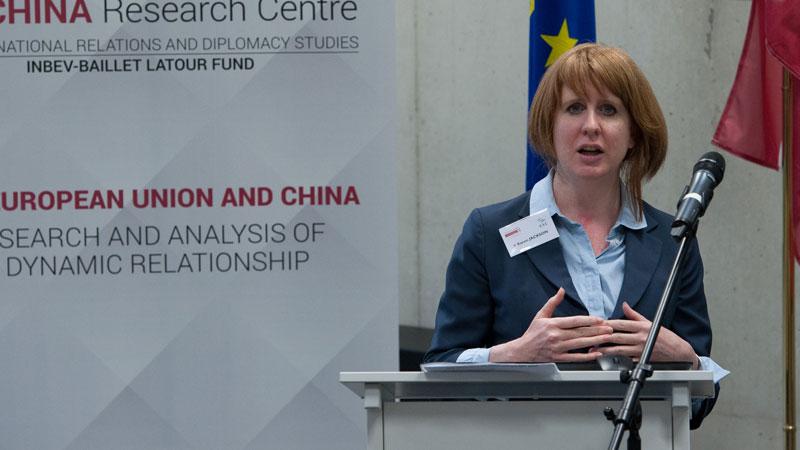Dr Karen Jackson, Reader in Economics and Head of the School of Organisations, Economy and Society, submitted written evidence to the International Trade Select Committee’s inquiry which will consider the progress of trade negotiations led by the Department for International Trade.

This inquiry was launched on 1 April 2020 and will focus on cross-cutting and strategic aspects of the UK Government’s trade negations approach and policy.
The International Trade Select Committee scrutinises the spending, administration and policy of the Department for International Trade (DIT), and other associated public bodies. It does this through inquiries on selected topics and invites written submissions from interested parties on such topics.
Dr Jackson’s written evidence – co-authored with Dr Oleksandr Shepotylo, Senior Lecturer in Economics at Aston University – was published on the UK Parliament website. It scrutinises and offers recommendations regarding DIT’s approach to Free Trade Agreements (FTAs) thus far, and examines the costs and benefits of the UK entering into FTAs with the US and other developed countries, with developing and emerging economies, and with China.
On DIT’s general approach to FTAs, Dr Jackson and Dr Shepotylo wrote: “While the Department for International Trade (DIT) has set out it’s negotiating priorities for each potential agreement, in our view there is still further work to be done in terms of agreeing a broader policy framework. In other words, the DIT needs to have the right objectives in respect of each FTA negotiation but also a broader set of principles that cut across agreements.”
They added: “Furthermore the DIT needs to provide fuller guidance on their website so that various stakeholders (for example devolved nations, local government, businesses, consumers and civil society groups) can understand legal texts and provide informed feedback.”
Find out more about the International Trade Select Committee’s inquiry and read Dr Jackson’s written evidence on the UK Parliament website.

